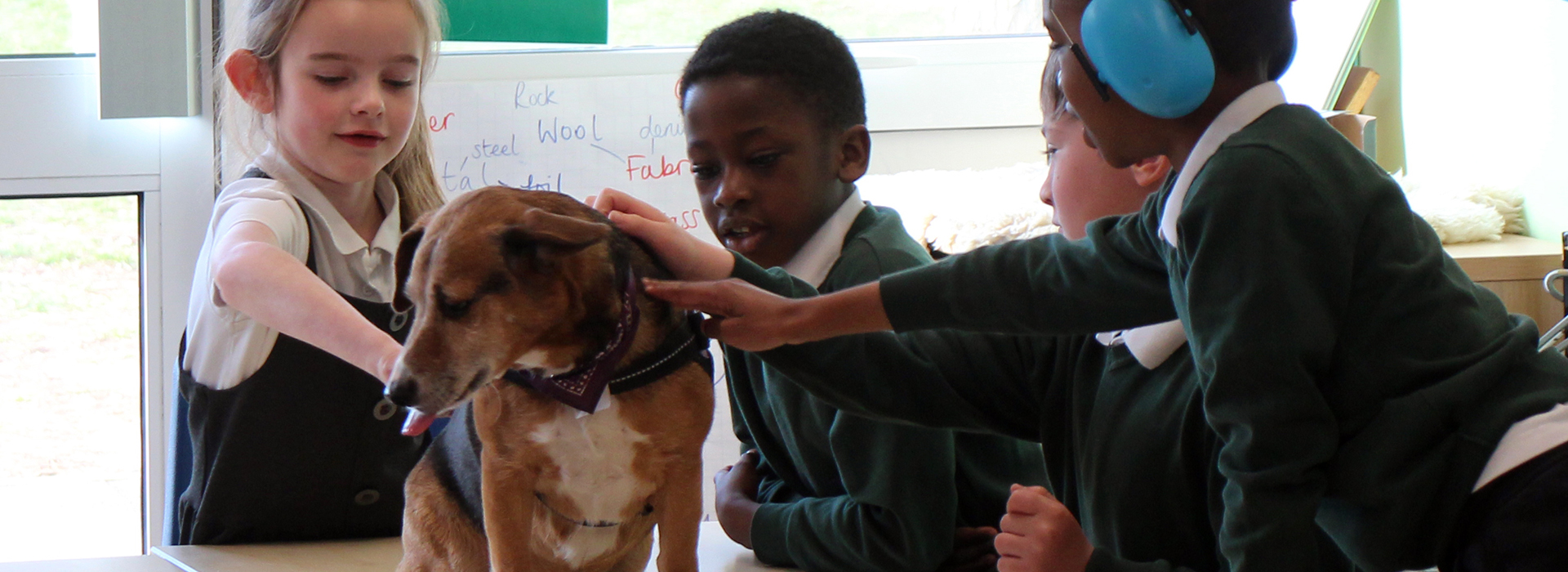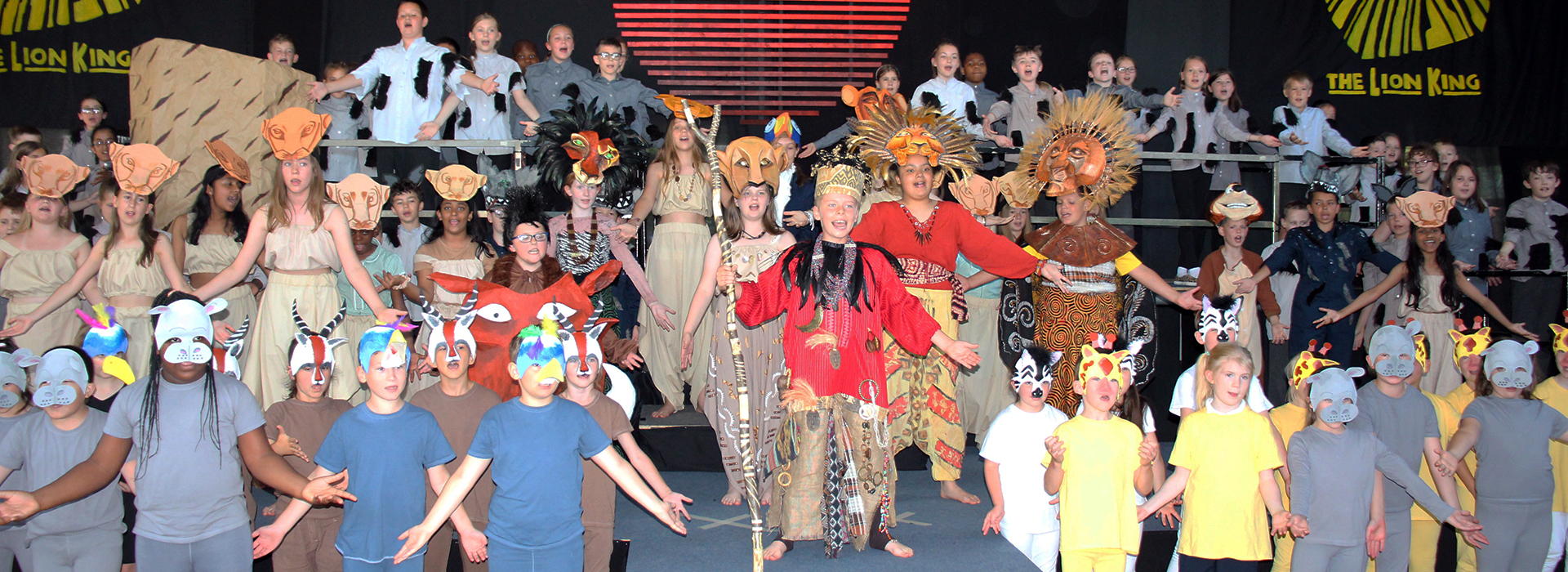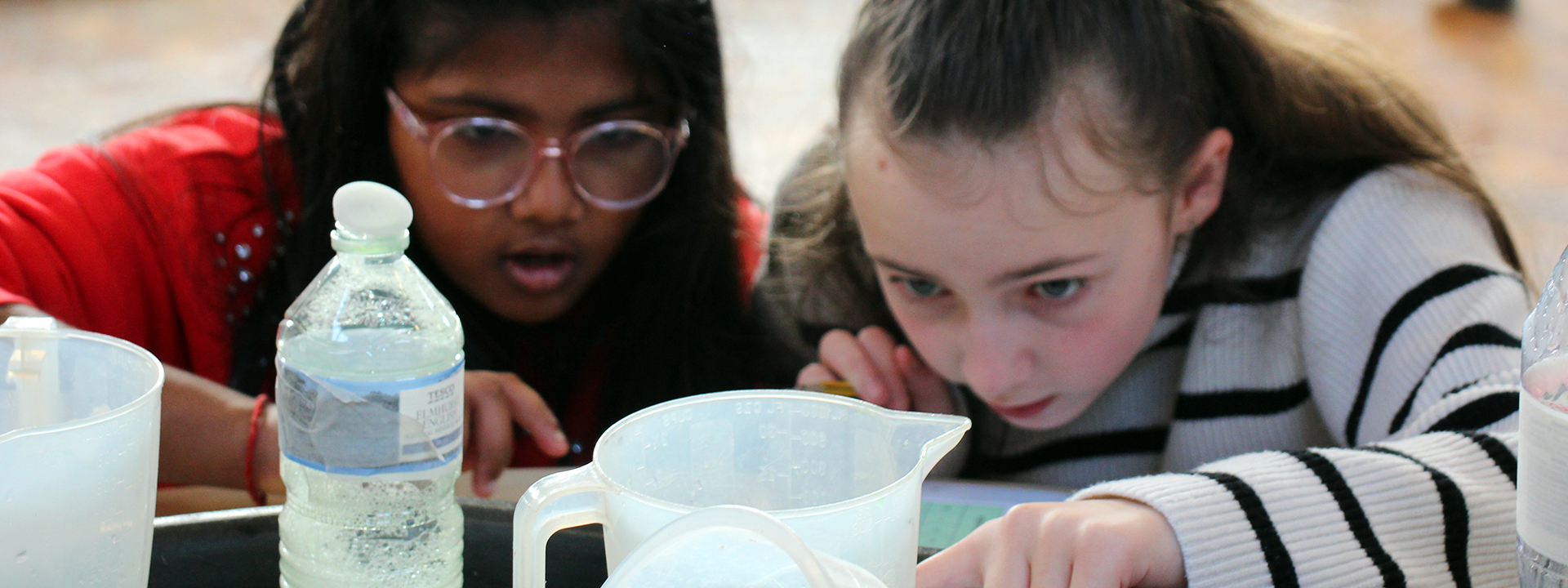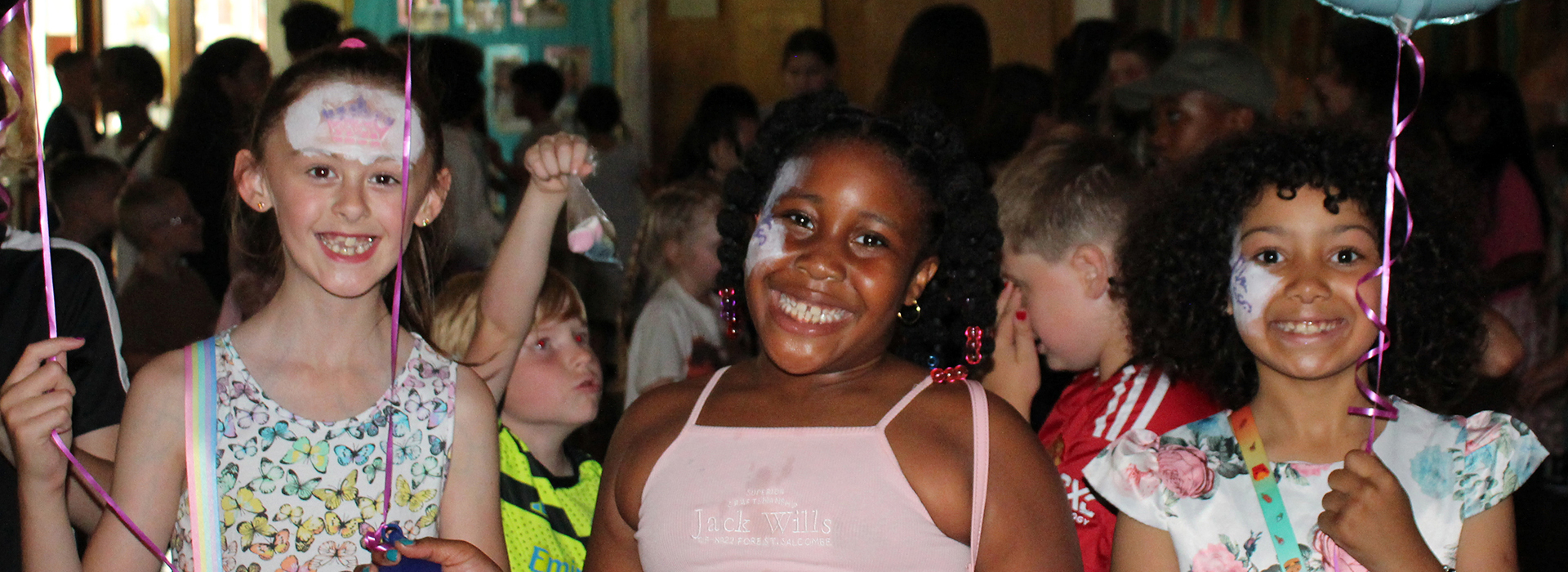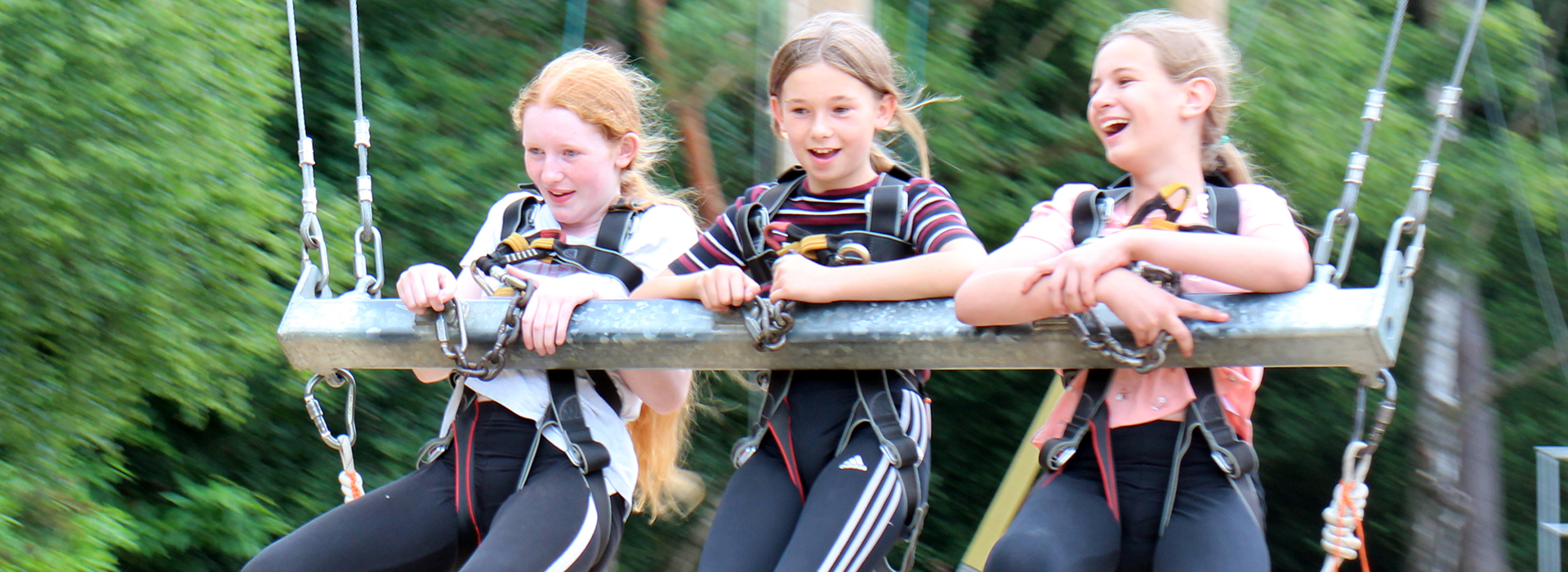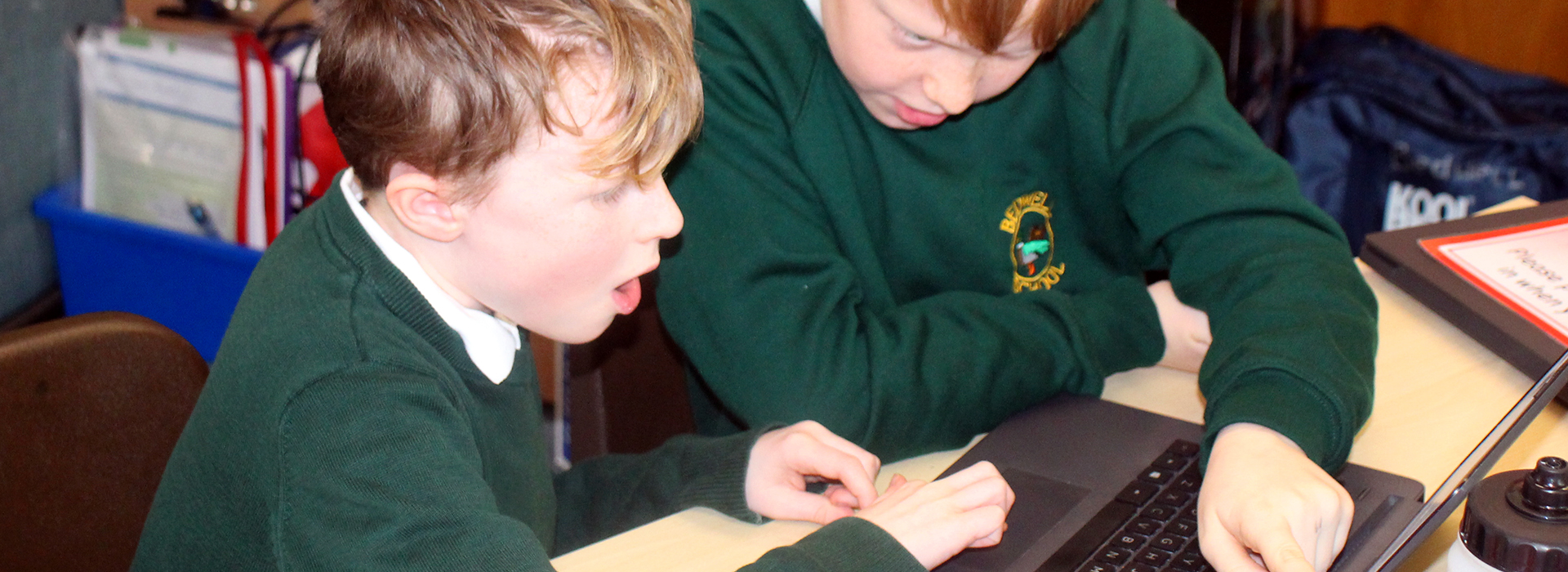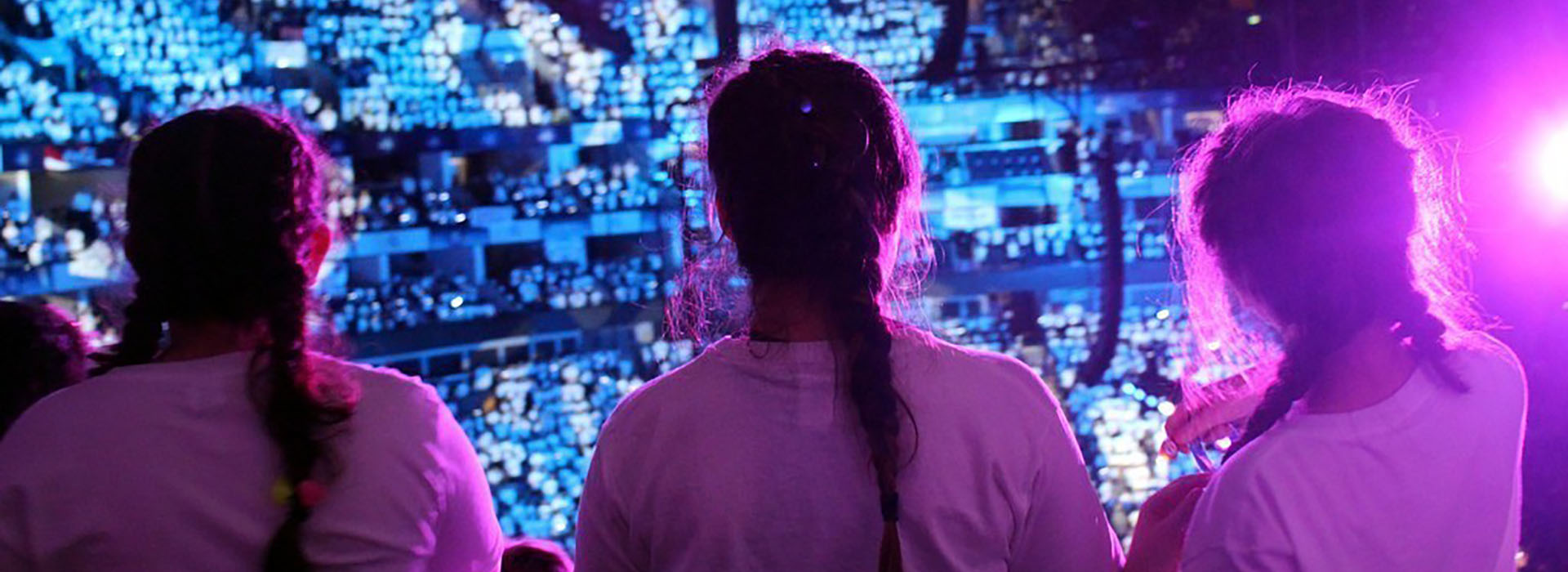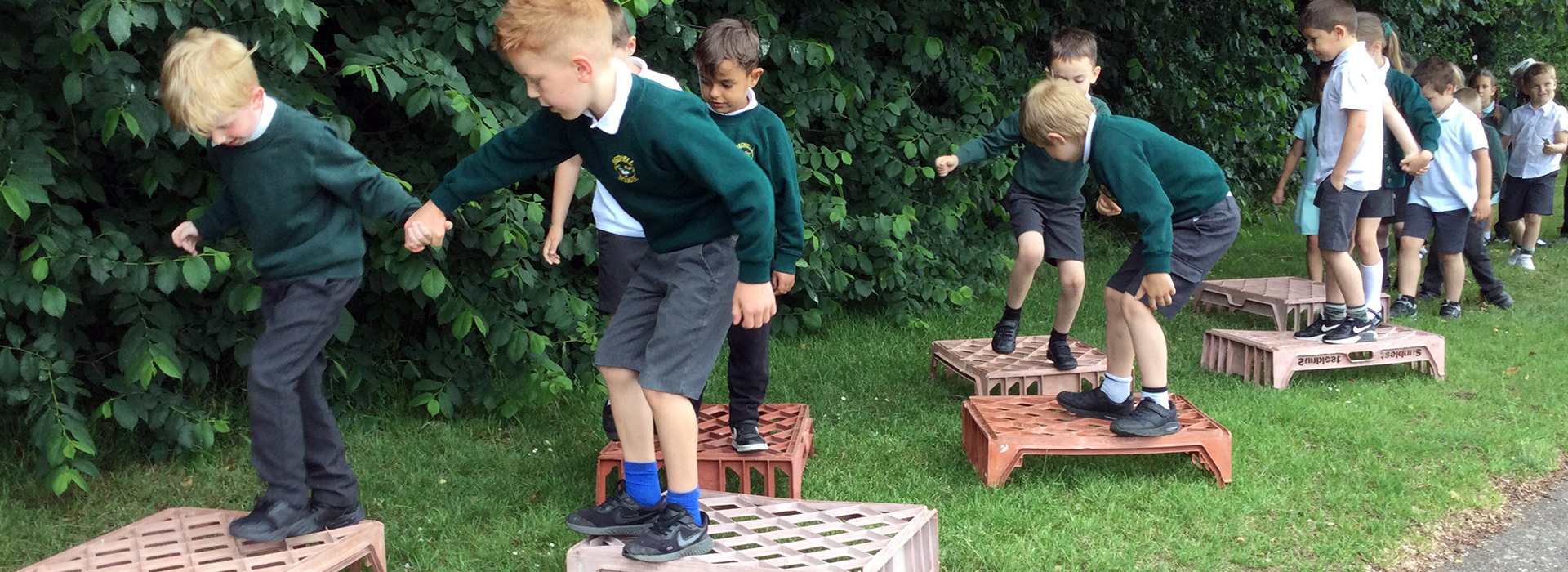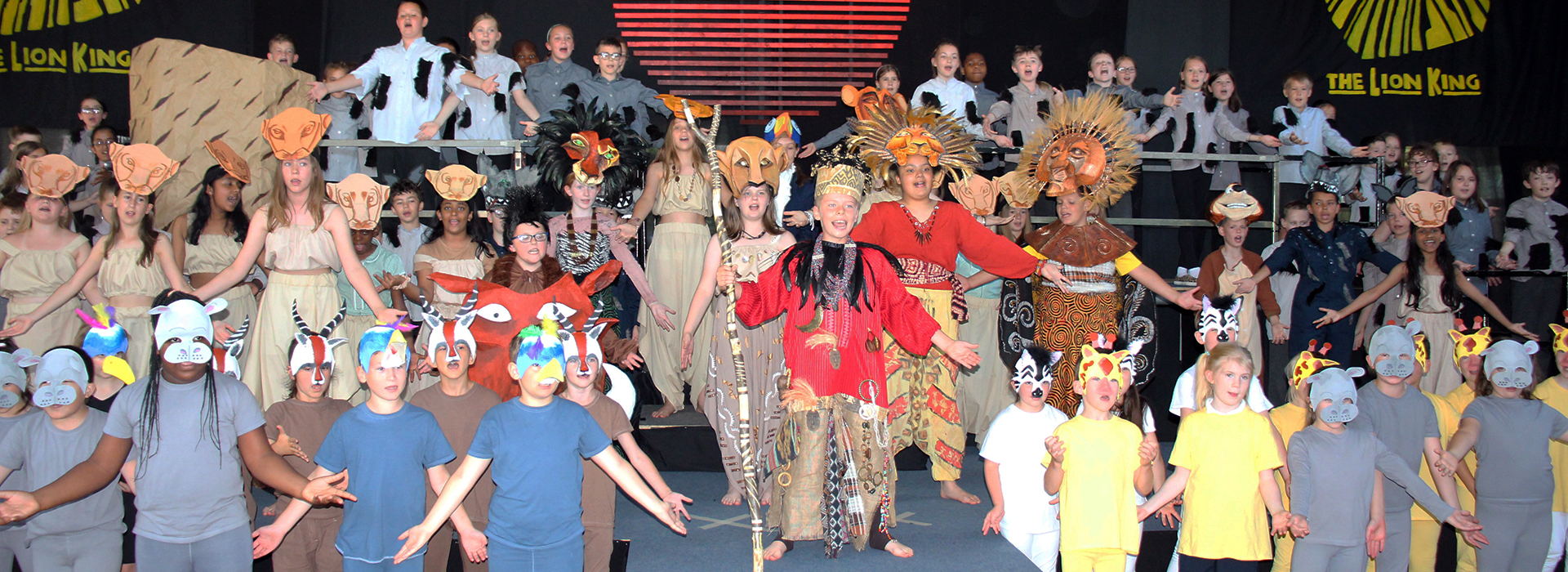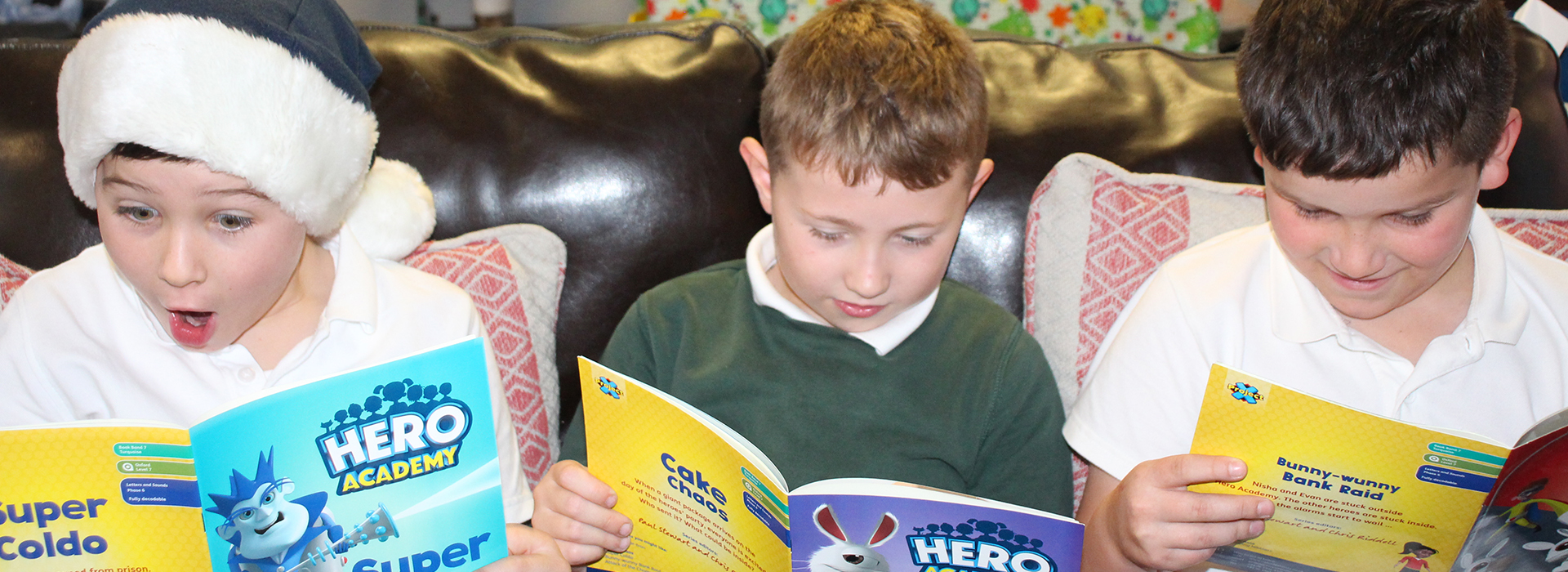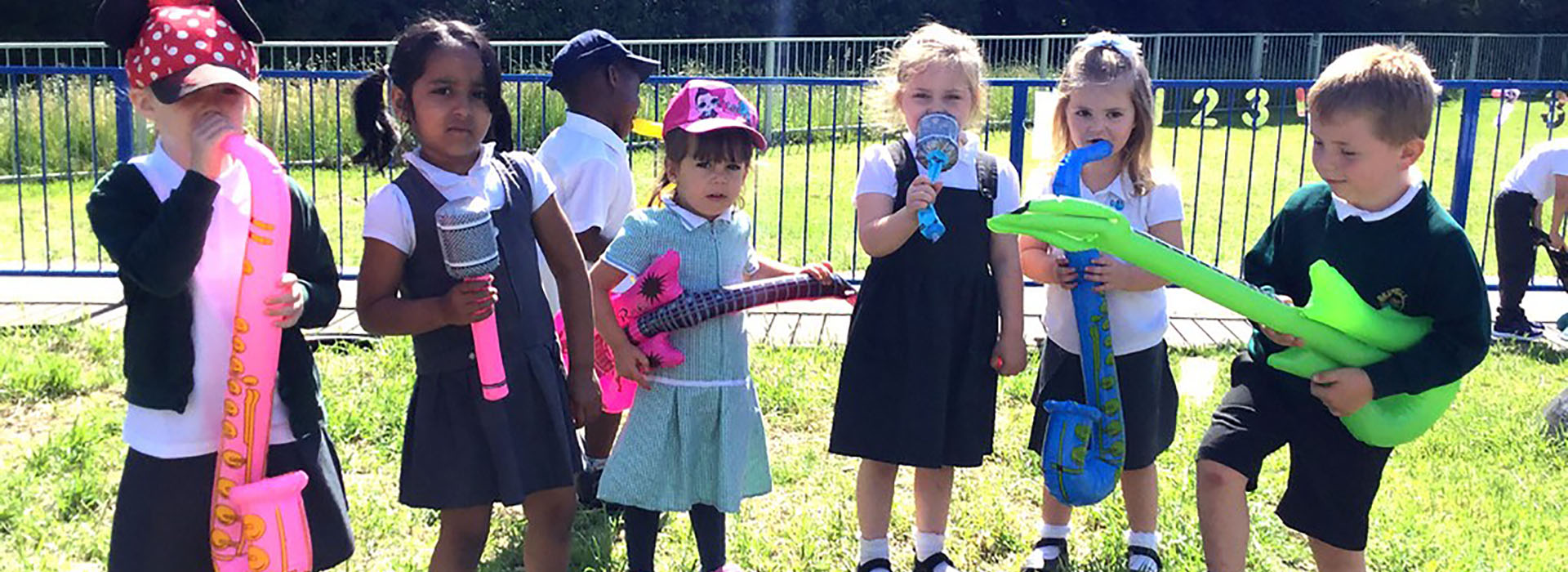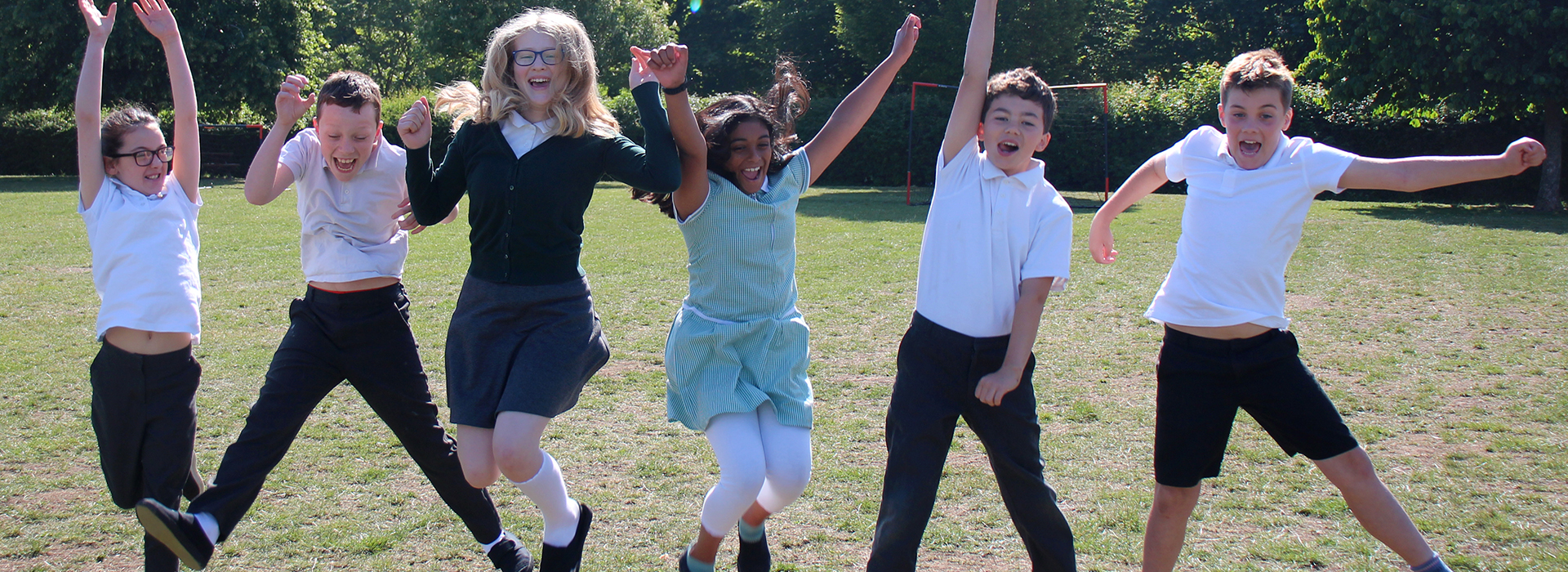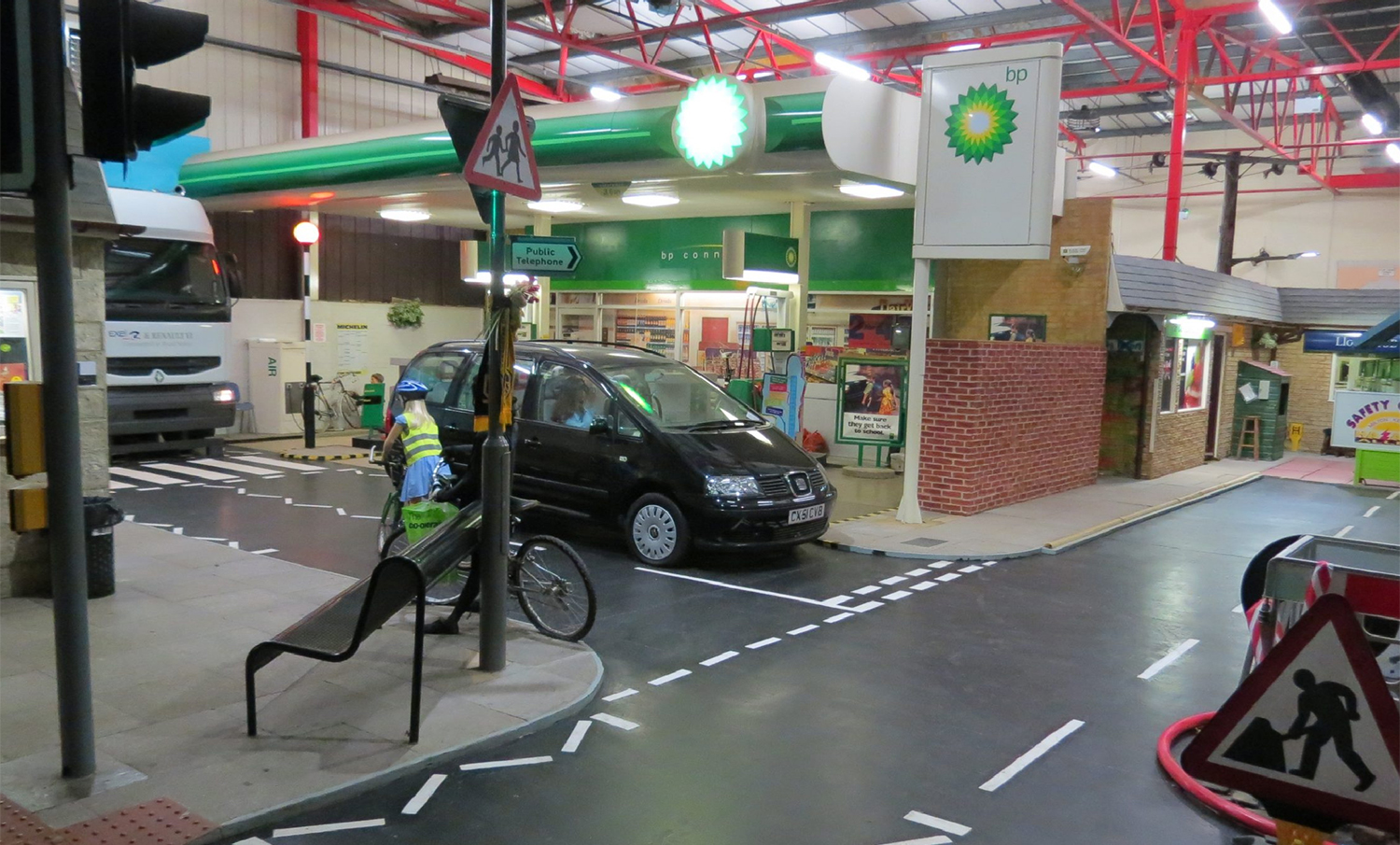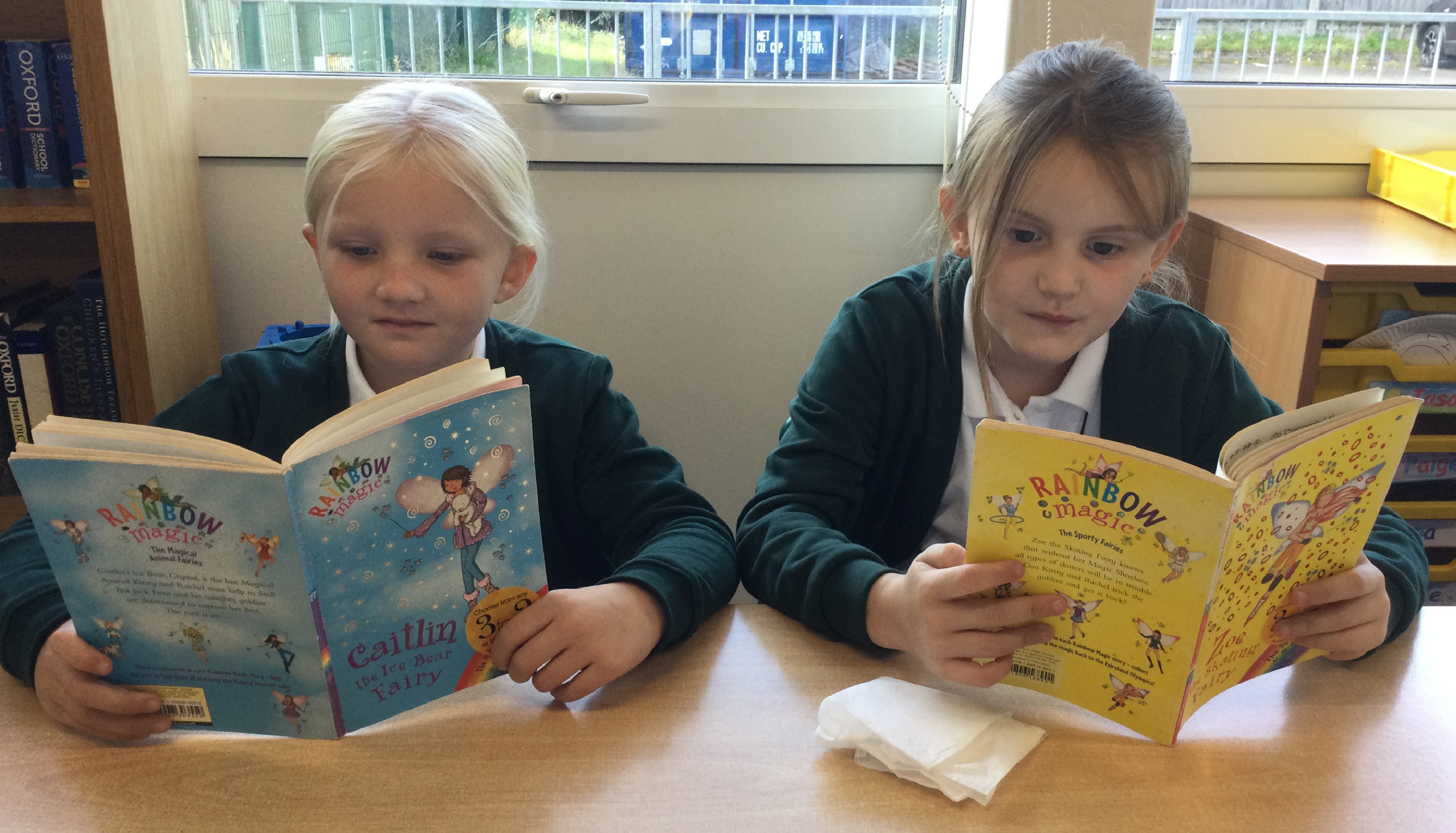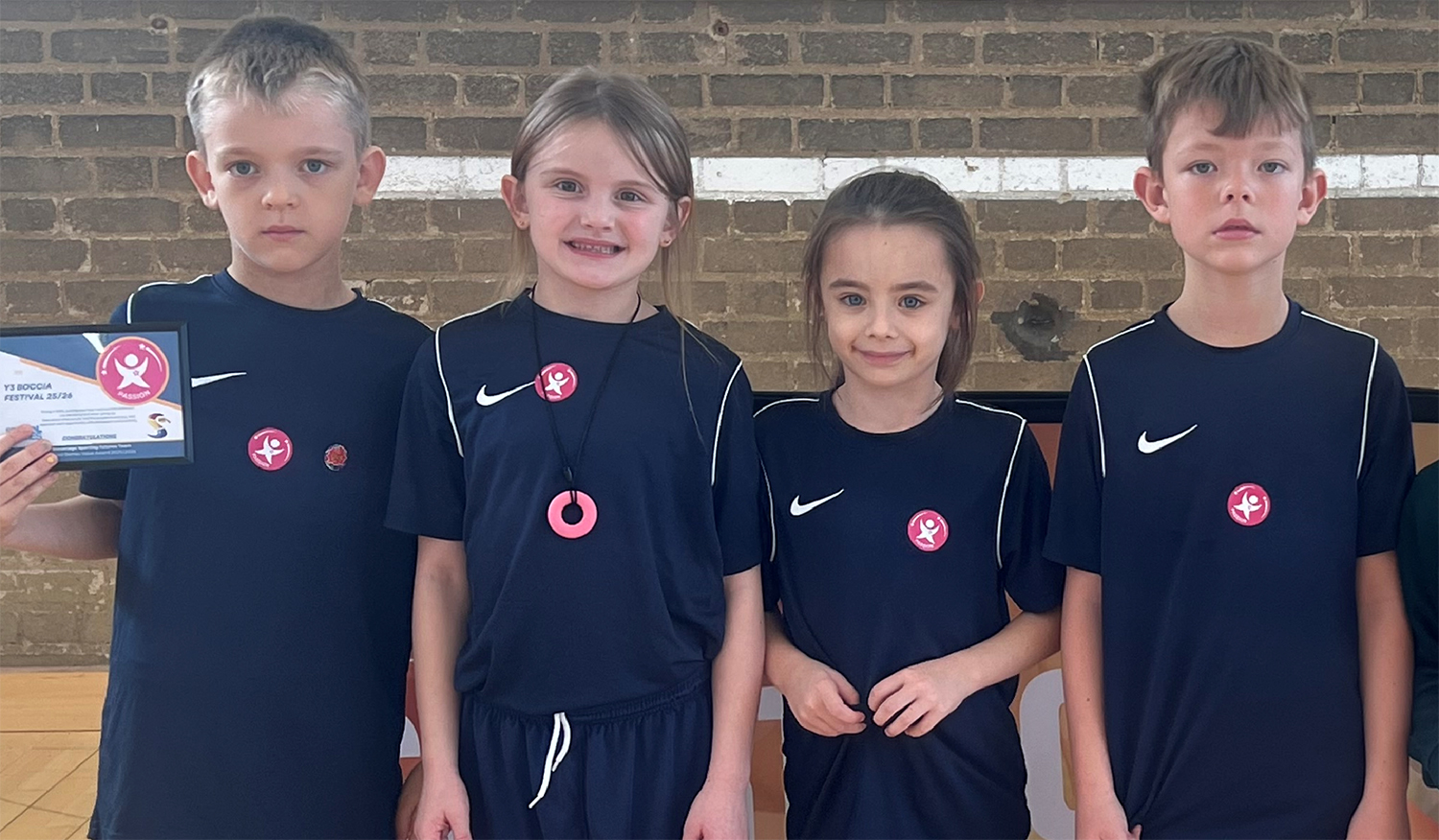We have been learning about...
Art - In art, we combined oil pastels and watercolours to create vibrant aquarium scenes. We used bold black lines to outline our designs and create striking geometric patterns, before adding watercolour to form our background. We had to think about perspective and how things appear bigger in the foreground and smaller as we got to the middle. We then worked on creating sunrises and sunset with oil pastels.
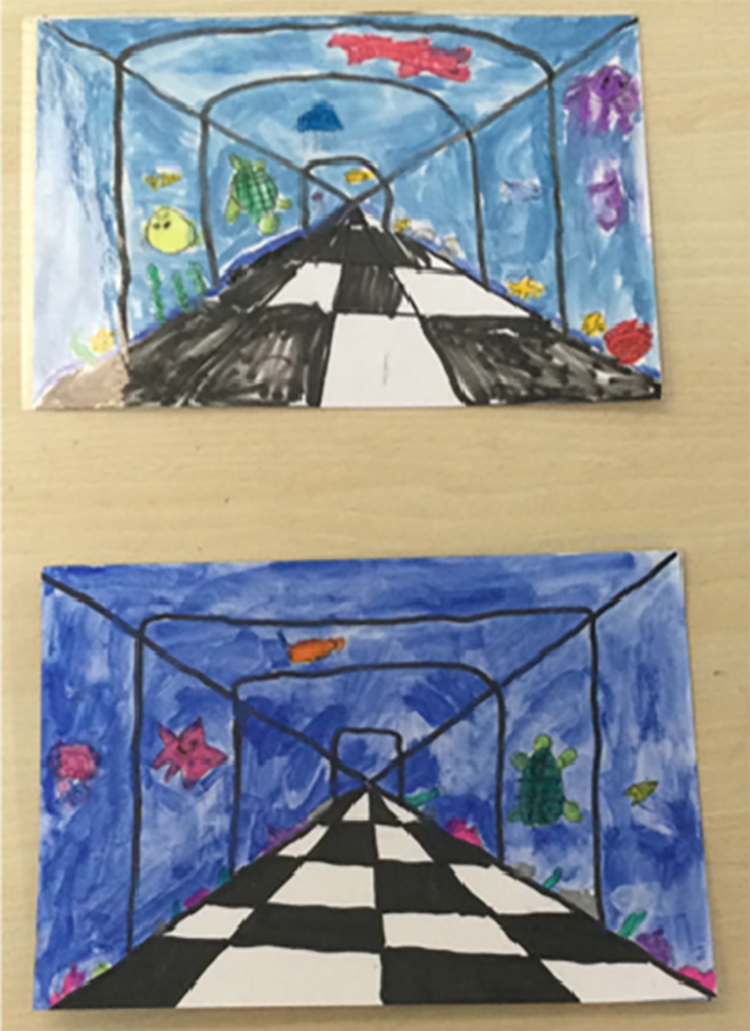
English - We have explored explanation texts this term, learning how to clearly describe how things work. To make our learning meaningful, we designed our own imaginative contraptions based on inventions we thought were needed in the real world. You can read two fantastic examples of our work below:
The Money Printe, by Bonnie
Are you fed up with running out of money? The money printer 8200 will print out money in one minute. The printer can print as much money as you want, even one thousand pounds!
How to Use
The Money Printer 8200 is easy to operate. First, you click a small orange button and you place a pitch black charger in a charger cable. Then you plug the other end of the charger into the back of the machine. Next, you press the amount of money you want on the screen. After that, the cogs in the machine start to whirr and you pull a lever down which activates the conveyer belt inside the printer. Next, you open a drawer at the bottom of the machine and put paper in it (if needed). Then, to shut the drawer you press a large, blue button on the side of the machine and it will slam shut. When this happens, make sure you mind your fingers! After that, the conveyer belt will pick a piece of paper up from the pile. Next, a stamp at the top of the machine pushes down on the paper and there is a picture on the paper. Finally, the paper comes out of a drawer on the side of the machine. You have your money!
Safety information
Make sure you mind your fingers when you open and shut the drawer. Remember to clean your machine every two weeks so it doesn’t break. Make sure that you read the instruction manual carefully. We are sure you will be happy with your purchase.
Robot On Wheels 121, by Freddie
Do you want to go ten times faster on the motorway? The Robot On Wheels is so much comfier and more enjoyable than a boring old car. This machine is so comfy that you can fall asleep for a relaxing journey!
How to Use
The Robot On Wheels is very comfortable to use! First, you get in the machine and turn it on by pressing the enormous red button. Also turn the handles on the steering wheel to get it started up. Secondly, get the controller and tell it where you want to go then pistons will start to move. After, it will take you wherever you have asked it to go, like Jamaica. Then pull the handle backwards and it will go fast, like 370mph to wherever you want to go. Also, the Robot On Wheels will dance if you want it to!
Pistons, wheels, cogs and sofas! It’s so simple. The Robot On Wheels 121 will never let you down with its comfiness!
